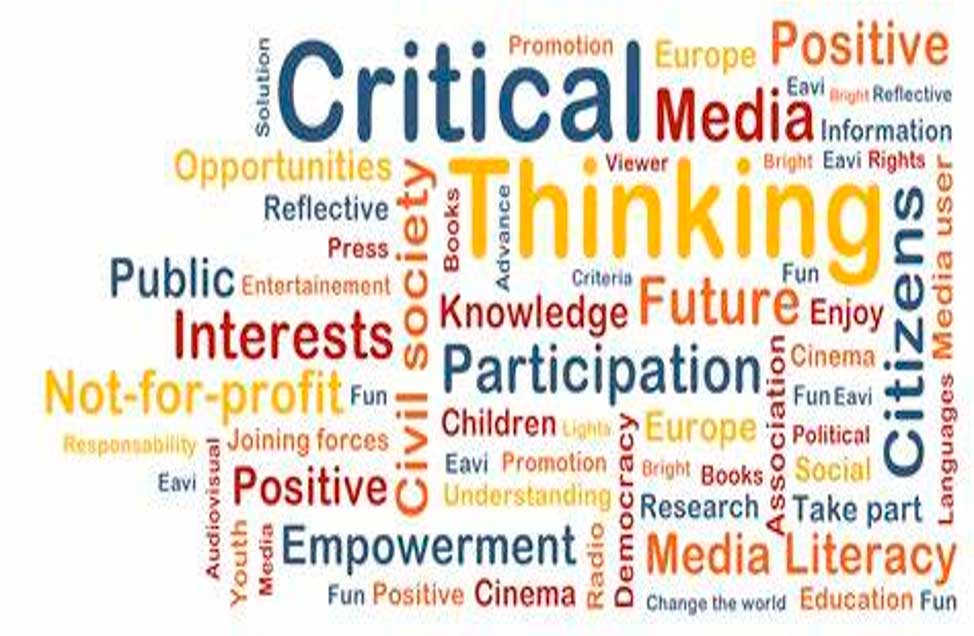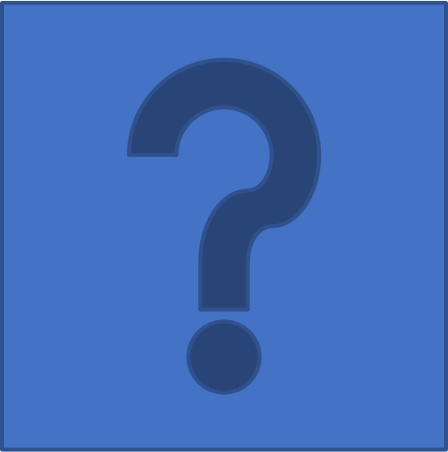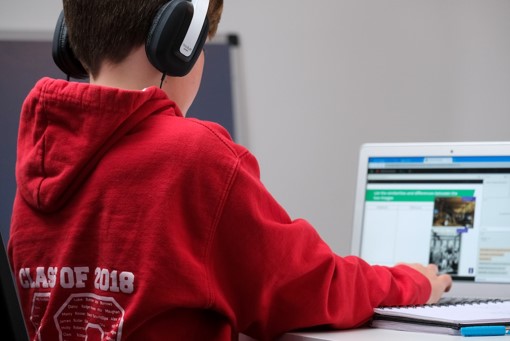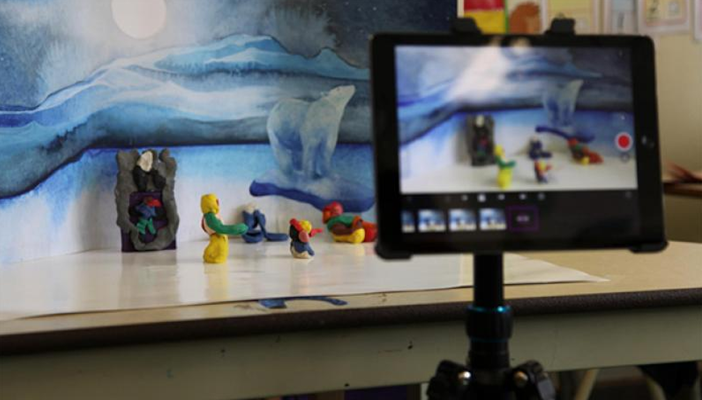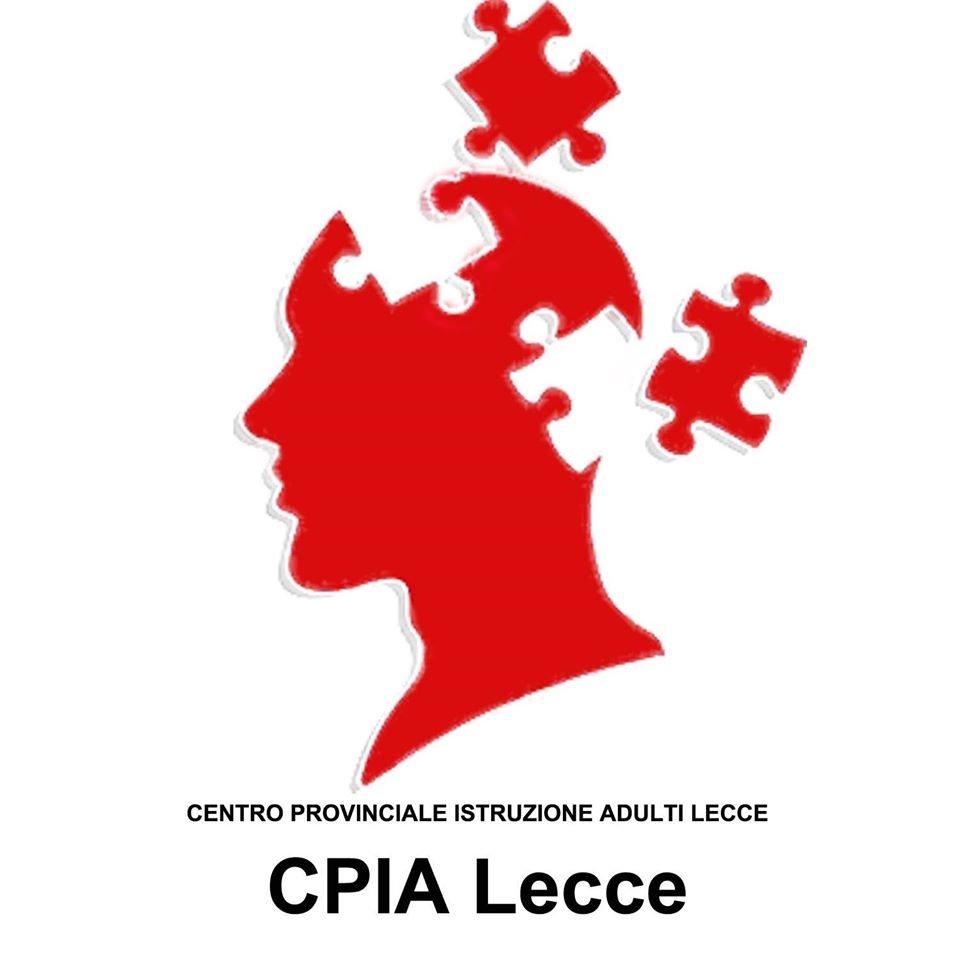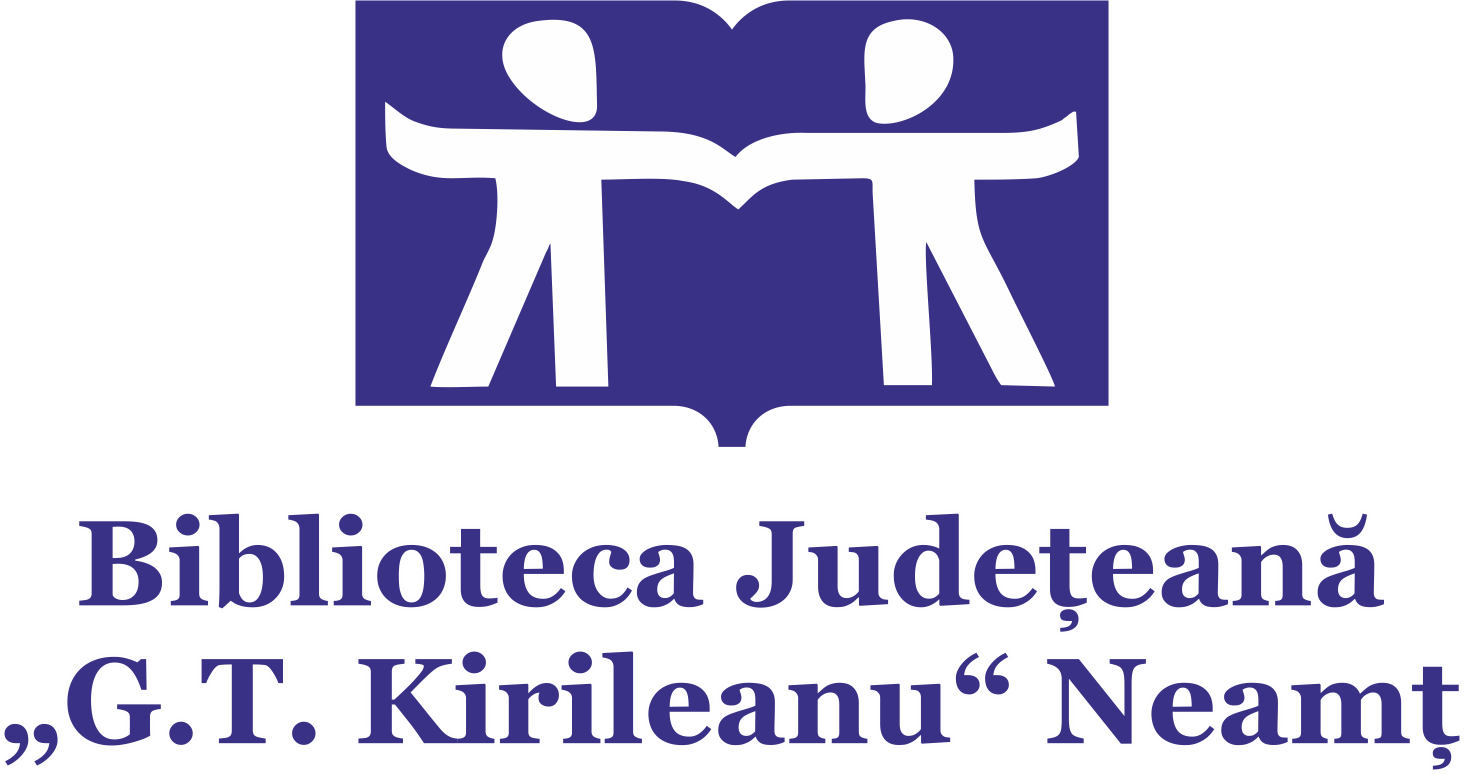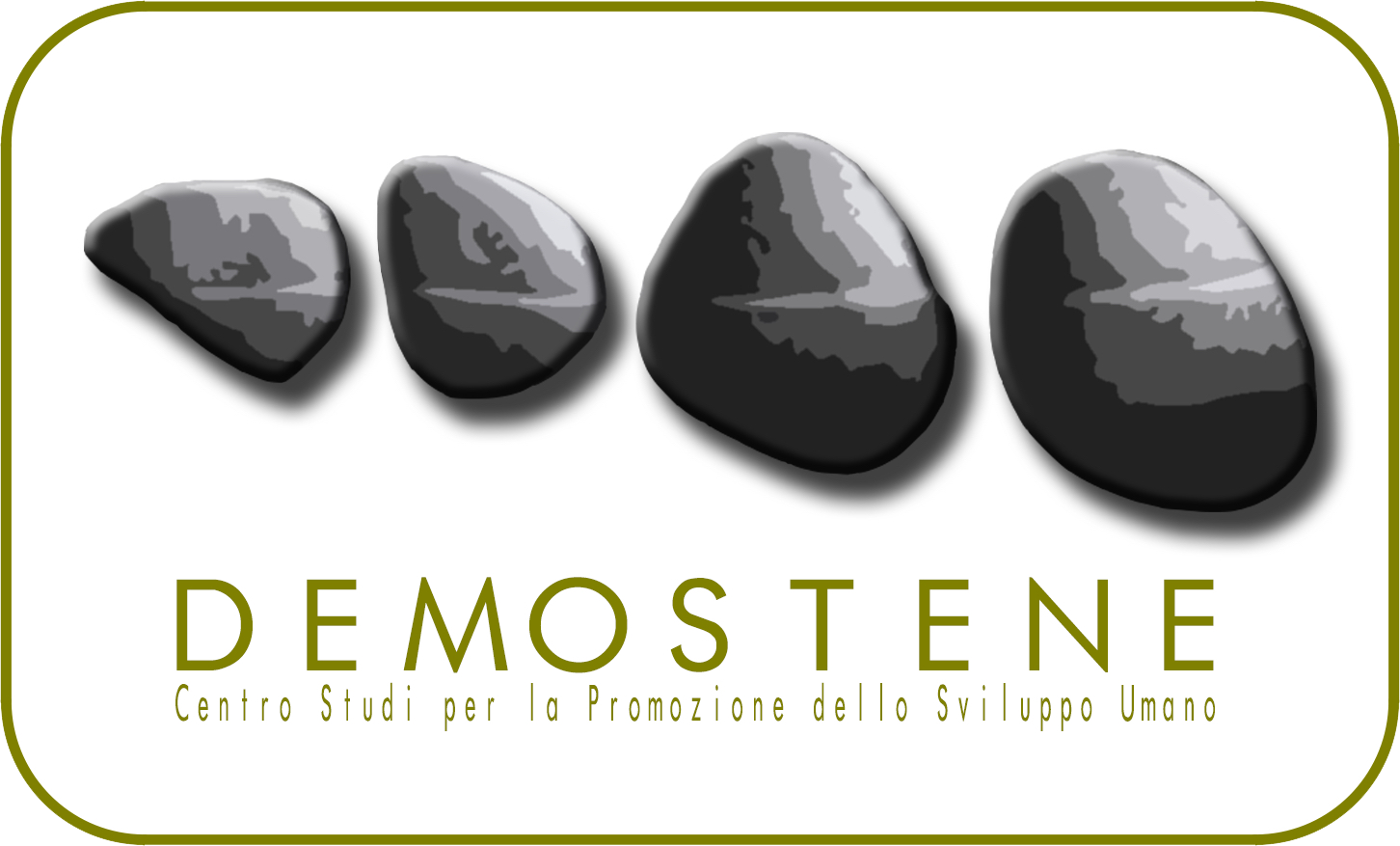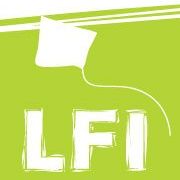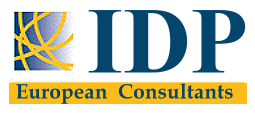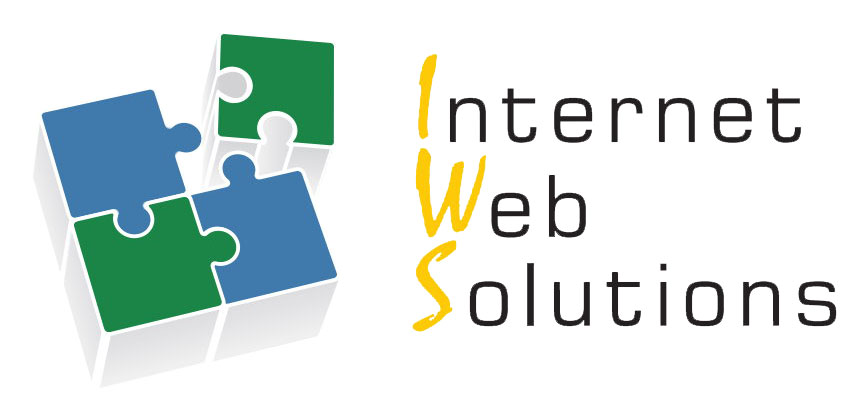 INTRODUCTION TO MEDIA LITERACY INTRODUCTION TO MEDIA LITERACYDefining literacy and media
 Click to read Click to read
Clarifying the notion of media literacy
 Click to read Click to read
Understanding media literacy better
 Click to read Click to read The Media Information Literacy week was held at the United Nations in order to promote media literacy awareness where the concept of media literacy and how to develop media literacy skills was discussed. Please watch the following video:  WHY IS MEDIA LITERACY IMPORTANT? WHY IS MEDIA LITERACY IMPORTANT?Why is media literacy important?
 Click to read Click to read Media literacy is important in particular today because due to the constant and rapid development of media and technology, people consume vast amounts of all kinds of media, including social media and mass media. Video 2. The importance of the media literacy, 2020. According to the conference held in 2020 by the European Commission on the topic of "Media Literacy on Digital Age",
How to promote media literacy?
 Click to read Click to read Video 3. What does UNESCO do to promote media literacy? According to UNESCO: Media literacy in schools
 Click to read Click to read
Media literacy for students and professionals
 Click to read Click to read A number of designers and educators from the Montana Science Center created and designed an educational experience lab called STEAM that refers to: science, technology, engineering, arts and mathematics (Britich Council, 2022). The STEAM lab which is a makerspace style, it encourages creative play for students and focuses on digital concepts and in understanding of science and technology concepts. In addition, the STEAM allows its users, such as professionals as well as students of all ages, to use various digital and technological opportunities. For example, using analogue experiences to create inclusive digital learning environments, designing 3D objects by LEGO as well as other tools to crafting from the tangible to the digital world. (British Council, 2022).
 MEDIA LITERACY GUIDELINES AND TOOLKITS MEDIA LITERACY GUIDELINES AND TOOLKITSMedia literacy guidelines and toolkits
 Click to read Click to read In this section we will focus more on the Media and Information Literacy curriculum prepared and suggested by UNESCO. The main idea lies in raising awareness and providing detailed information to digital citizens on how to become media literate in the digital world of vast information and technological opportunities that are evolving continuously. This involves the following: This module will conclude with a quiz to test your media literacy knowledge. There are also various toolkits, guidelines and quizzes available online that are offered to test and teach media literacy skills. Please see the following quizzes and test your skills:  CONCLUSION CONCLUSIONConclusion
 Click to read Click to read To conclude, media literacy enables people of all ages to be media literate and develop their critical-thinking skills when searching, browsing, creating and acting in all forms of media communication. Yet, media and information literacy is a set of competences that enable people to maximize advantages and minimize threats and harms when using online content. In addition, it covers the competences that enable people of all ages to critically and effectively engage with: communications content, the institutions that facilitate content, as well as use of digital technologies. Further, media and information literacy empowers people to think critically about information and use of digital tools. It helps people to be informed and make choices regarding how they participate in equality, freedom of expression, peace building as well as sustainable development. | ||||||||||||||

Keywords
Media literacy, information, data, digital content, technology
Objectives / goals:
Media literacy is related to promote citizenship and democracy, fostering audiovisual heritage, encouraging development of cultural identity, empowerment of people and protecting copyright issues, and this definition covers various media communication forms, platforms, and types of content such as television, radio, film, etc.
Learning outcomes:
The main objectives and learning outcomes of the module based on the UNESCO framework (UNESCO, DigComp2.2., 2022) are as follows:
⮚ to enable people to browse, search and filter information, data and digital content
⮚ to enable people to articulate information needs and data in digital content
⮚ to deepen the understanding of the role and functions of media literacy
⮚ to enable access and navigate information in the digital environment
⮚ to enable people to create, explain and update personal search strategies
⮚ to enable people to develop digital competence to support their chances and employability
Competences:
Information and Data Literacy: Media Literacy
- Communication and Collaboration
- Digital content creation
- Safety
- Problem Solving
Practical advices:
Media literacy enable people of all ages to be media literate and develop their critical thinking skills when searching, browsing, creating and acting in all forms of media communication.
Resources (videos, reference link):
1. Digitial Media, Creative Play in schools-Hands on Media by a Canadian organisation, British Council programmes, 2023. Available at:
https://www.britishcouncil.org/programmes/creative-play/digital-media-literacy
2. Media and Information Literate citizens: Think critically, cick wisely! UNESCO Digital library, 2021. Available in www format:
https://unesdoc.unesco.org/ark:/48223/pf0000377068
3. Literacy together, 2022. Available in www format at:
3.1. https://lit-together.org/why-literacy/importance-of-literacy/
3.2. https://www.youtube.com/watch?v=vE4PrK2loWg
3.3. https://presscouncils.eu/Videos
4. Media Literacy Digital Age, Futurium session, European Comission 2020- updated in 2022. Available at:
https://ec.europa.eu/futurium/en/connect-university/media-literacy-digital-age-0.html
5. Media Information Literacy week, 2020. Available in www at:
https://www.un.org/en/observances/media-information-literacy-week
5.1. https://www.youtube.com/watch?v=bjYhmTC3lrc
6.Press Councils, EU, 2022. Available in www format at:
https://www.presscouncils.eu/Media-Literacy-Toolkit-for-teachers-and-students
7. Picture 1 taken from Youth Press, 2022. Available in www format at:
https://www.youthpress.org/our-causes/media-literacy/
8. Understanding Digitial through Analogue experiences, 2023. British Council programmes, 2023. Available at:
https://www.britishcouncil.org/programmes/creative-play/understanding-digital-through-analogue-experiences
9. All Digital Weeks. Available at:
https://alldigitalweeks.eu/
https://www.alldigitalweek.eu/stay-connected-digital-toolkit/
10. A Global Framework of Reference on Digital Literacy Skills for Indicator 4.4.2. UNESCO. June 2018. Available at
https://unesdoc.unesco.org/ark:/48223/pf0000265403/PDF/265403eng.pdf.multi
11. Media Information Literacy for Teachers. UNITED NATIONS ALLIANCE OF CIVILIZATIONS (UNAOC). 2023. Available at
http://unesco.mil-for-teachers.unaoc.org/modules/module-8/
Bibliography
1. Digitial Media, Creative Play in schools-Hands on Media by a Canadian organisation, British Council programmes, 2023. Available at:
https://www.britishcouncil.org/programmes/creative-play/digital-media-literacy
2. Media and Information Literate citizens: Think critically, cick wisely! UNESCO Digital library, 2021. Available in www format:
https://unesdoc.unesco.org/ark:/48223/pf0000377068
3. Literacy together, 2022. Available in www format at:
3.1. https://lit-together.org/why-literacy/importance-of-literacy/
3.2. https://www.youtube.com/watch?v=vE4PrK2loWg
3.3. https://presscouncils.eu/Videos
4. Media Literacy Digital Age, Futurium session, European Comission 2020- updated in 2022. Available at:
https://ec.europa.eu/futurium/en/connect-university/media-literacy-digital-age-0.html
5. Media Information Literacy week, 2020. Available in www at:
https://www.un.org/en/observances/media-information-literacy-week
5.1. https://www.youtube.com/watch?v=bjYhmTC3lrc
6.Press Councils, EU, 2022. Available in www format at:
https://www.presscouncils.eu/Media-Literacy-Toolkit-for-teachers-and-students
7. Picture 1 taken from Youth Press, 2022. Available in www format at:
https://www.youthpress.org/our-causes/media-literacy/
8. Understanding Digitial through Analogue experiences, 2023. British Council programmes, 2023. Available at:
https://www.britishcouncil.org/programmes/creative-play/understanding-digital-through-analogue-experiences
9. All Digital Weeks. Available at:
https://alldigitalweeks.eu/
https://www.alldigitalweek.eu/stay-connected-digital-toolkit/
10. A Global Framework of Reference on Digital Literacy Skills for Indicator 4.4.2. UNESCO. June 2018. Available at
https://unesdoc.unesco.org/ark:/48223/pf0000265403/PDF/265403eng.pdf.multi
11. Media Information Literacy for Teachers. UNITED NATIONS ALLIANCE OF CIVILIZATIONS (UNAOC). 2023. Available at
http://unesco.mil-for-teachers.unaoc.org/modules/module-8/
-
Related training material
-
Entertainment and culture in the digital space
